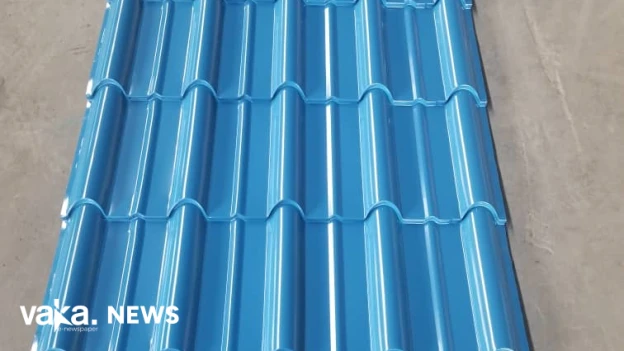Toxic lead levels found in local paint brands
- Category: Hardwares

- By Admin
MILLIONS of children in Zimbabwe are at risk of lead poisoning, which can potentially cause permanent damage to brain development, due to widespread use of paints containing dangerously high levels of the toxic metal, a joint study by the Environmental Management Agency (EMA) and the Lead Exposure Elimination Project (LEEP) has revealed. The study found that lead levels in more than 55% of oil-based paint brands evaluated in Harare were higher than those advised by the World Health Organization (WHO). The values were frequently much more than 1,000 times the permissible limit. Chemicals like lead are frequently utilized as ingredients in the production of paints and batteries with an oil base. It's used in paint to help it dry faster, last longer, look fresher, and withstand moisture-induced corrosion. On the other hand, prolonged exposure to lead, especially in young children, can permanently harm brain development, resulting in poorer academic performance and diminished potential in the future. Long-term exposure can also raise the chance of developing heart disease, hypertension, and other illnesses. According to the report, the nation loses US$298 million a year due to paint and other source-related lead contamination. According to the paper, "EMA and LEEP's research found hazardous levels of lead in five major paint brands and 29 smaller brands." It was discovered that ornamental oil-based brush-on house paints and spray paints were both poisonous. Usually, yellow and red paints were the most dangerous. According to Mr. Aaron Chigona, director-general of the EMA, paint manufacturers are required to promptly eliminate lead components from their products. "This preliminary study's data offers compelling evidence on this crucial issue," he stated. "We implore manufacturers to take lead compounds out of paint right away. "EMA encourages industry to take up this offer, as LEEP offers free support to manufacturers to help them in this process."He stated that EMA was now formulating new rules to compel paint manufacturers to remove lead from their products. "EMA will be taking action to control lead in oil-based paint and to eliminate lead paint exposure from the country." WHO representative to Zimbabwe Professor Jean-Marie Dangou said by addressing the issue of lead poisoning in Zimbabwe, Government can protect the health of its citizens and promote sustainable economic development. “WHO recognises the economic impact of lead poisoning, which includes increased healthcare costs, lost productivity, and decreased economic growth,” he said. “The WHO urges the Government of Zimbabwe to review their paint production processes with the aim of reducing lead content below the recommended limit set by WHO. Dr. Clare Donaldson, co-executive director of LEEP, stated that her organization was pleased to back the government's initiatives to control the paint manufacturing industry. "We welcome EMA's initiative in carrying out this significant study and anticipate assisting the Zimbabwean government in its endeavors to control lead paint," the statement read. "We encourage industry partners in Zimbabwe to accept LEEP's offer of free support as more manufacturers globally move to paint without additional lead." "We provide free technical support to industry partners who want to work together to solve this urgent issue by removing lead from their paint." "We must make a conscious effort to shield our kids from the harmful effects of lead poisoning." Contact Us Editorial: dion@vaka.co.zw Advertising: advertising@vaka.co.zw : news@vaka.co.zw Whatsapp: +263787980064






